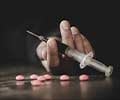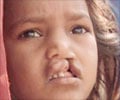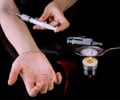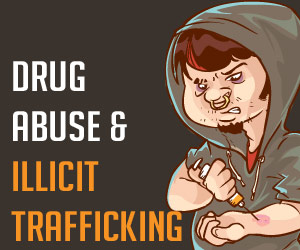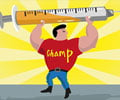Treatment for Drug Abuse
Drugabuse treatment is intended to help addictedindividuals stop compulsive drug seeking and use.
Since drug addiction is usually a chronic disorder characterized by occasional relapses, a short-term, one-time treatment is usually not sufficient. Drug addiction treatments include therapies such as counseling, addiction treatment programs and self-help group meetings that can help the individual to overcome the addiction and resist using the addictive drug again.
Counseling- It can help an addicted person to improve communication, relationship and parenting skills. This may be accomplished in individual, group or family sessions. Family counseling helps the addict in a better way in resisting the temptation to resume using drugs.

Behavioral Therapies- It can help motivate people to participate in drug treatments; develop ways to cope with drug cravings, suggest strategies to avoid drugs and prevent relapse, and offer suggestions on how to deal with a relapse if it occurs. Behavioral treatments help modify an individuals’ attitude and behavior related to drug abuse, and increase healthy life skills.
Self-help Groups- Since addiction is a chronic disorder with a danger of relapse, ongoing maintenance treatment; which may include medications, counseling and self-help group meetings is necessary to prevent a relapse.
Withdrawal Therapy- The goal of withdrawal therapy i.e. detoxification is to stop taking the addicting drug as quickly and safely as possible. It is only the first step in the treatment process. Detoxification involves gradually reducing the dose of the drug or temporarily substituting it with other substances that have less severe side effects.
Medications are used to help re-establish normal brain function and to prevent relapse and diminish cravings. Withdrawal from different drugs requires different treatment approaches-
- Opioids (includes heroin, morphine, codeine, oxycodone etc.)- An artificial opiate, such as methadone or buprenorphine, may be substituted to reduce the craving for heroin during recovery. These drugs act on the same targets in the brain as heroin and morphine; thereby suppressing withdrawal symptoms and relieving cravings. Naltrexone is effective for some individuals with opiate addiction. It works by blocking the effects of heroin or other opioids at their receptor sites and should only be used in patients who have already been detoxified.
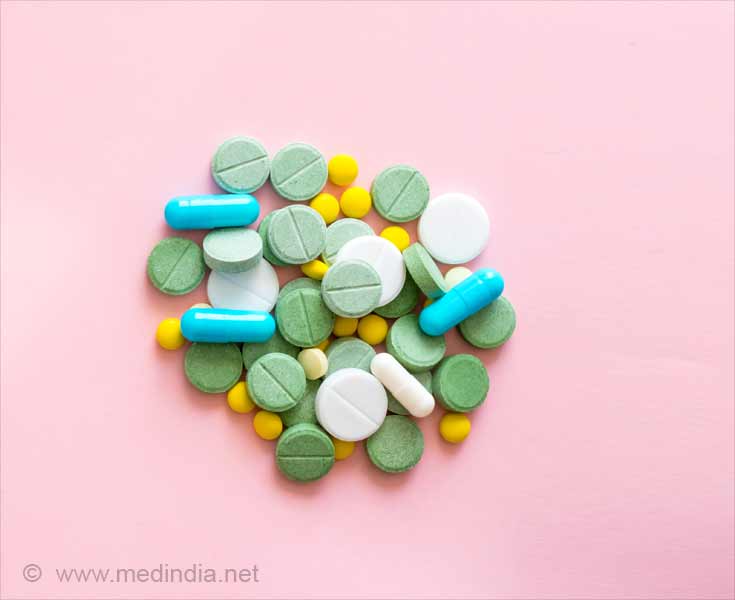
- Depressants (includes barbiturates, benzodiazepines etc.)- Gradually scaling back the amount of the drug and adding another medication to help stabilize the nerve cells during detoxification is helpful.
- Tobacco- Various OTC formulations like patch, spray, gum, and lozenges can help nicotine replacement therapies. FDA has also approved the use of bupropion and varenicline for tobacco addiction. Both the medicines help prevent relapse in people trying to quit.
- Alcohol- Three medications have been approved by the FDA for treating alcohol dependence- naltrexone, acamprosate and disulfiram. Also, topiramate, is showing encouraging results in clinical trials. Naltrexone acts by blocking opioid receptors that are involved in the rewarding effects of drinking and in the craving for alcohol. It reduces relapse to heavy drinking and is highly effective in some but not all patients. Acamprosate reduces withdrawal symptoms and is more effective in patients with severe dependence. Disulfiram interferes with alcohol degradation, resulting in the accumulation of acetaldehyde, which, in turn, causes flushing, nausea, and palpitations if the patient drinks alcohol.

